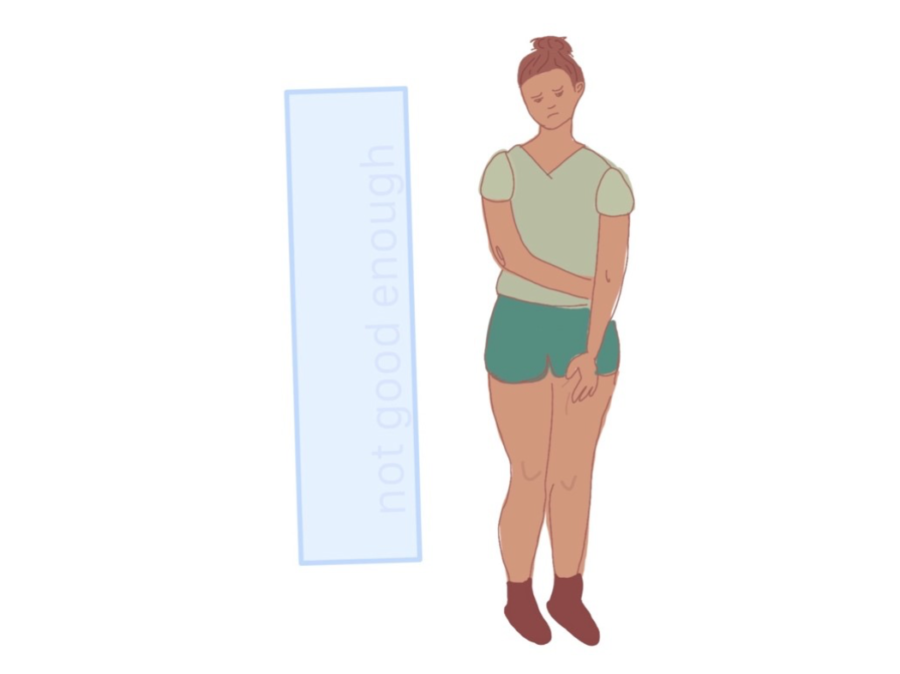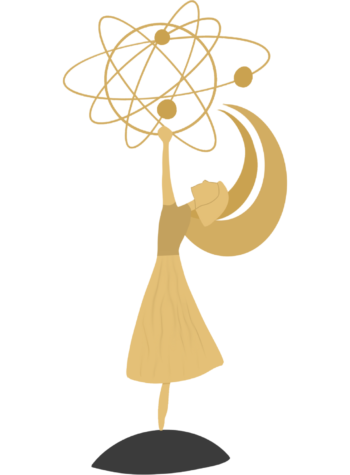The Beauty Myth
“The Beauty Myth,” written by Naomi Wolf explores the standards of beauty set for women throughout the course of history. Wolf makes the argument that women are held to an unreachable standard that forces them to scrutinize their bodies. She argues the beauty myth is a “dark vein of self-hatred physical obsessions, terror of aging, and dread of lost control” (Wolf 180). Women are pushed by society to submit to the aesthetic expectations placed upon them by men and society as a whole. The beauty myth creates feelings of inadequacy and fosters “an ideology that makes women feel worthless” (Wolf 185).
A similar point is made in Susan Bordo’s “Unbearable Weight: Feminism, Western Culture, and the Body.” Bordo argues that there is an idealized body that is placed on a societal pedestal for all women to look up to. This body spurs a myriad of health problems, which include eating disorders and body dysmorphia. Bordo explores the normalization of diet culture and how the media represents the bodies of women. She talks about how to society “a woman can never be too rich or too thin” (Bordo 193). Bordo alleges that as time has progressed, being fat has become the “declared enemy” and that people have begun “to measure their dietary achievements by the numbers on the scale” (Bordo 126).
These works encapsulate how the modern woman must meet certain aesthetic criteria in order to be respected and accepted. They are expected to rid their bodies of all the extra fat in order to be beautiful. Throughout history, women have typically only been able to “succeed” when they conform to the expectations of the patriarchy and mold their lives to support “today’s power structure, economy, and culture” (Wolf 182). Wolf and Bordo’s points are echoed by bell hooks’ take on Beyonce. When hooks argued in the roundtable, “Are You Still A Slave? Liberating the Black Female Body,” that Beyonce is a terrorist to young black girls, she was responding to Beyonce’s 2014 Time magazine cover. Beyonce’s appearance on the cover, as hooks argues, is a representation of how even the most successful women conform and support the capitalist patriarchy. Beyonce’s skimpy outfit and straightened hair represents how to be successful and get to the top, women change the way that they look to fit what society expects or wants. Her slimmed down thighs are representative of how slenderness has consistently become highly idealized as a Western model of success.
These readings remind me of when YouTube influencer, Wendy Cheng, publicly berated and cyber-bullied model, La’Shaunae Steward, for her weight. She even went so far as to photoshop a picture of herself on a body bigger than hers and asked if “she was pretty now?” Cheng’s fatphobia reminded me of Bordo’s point of how the public is so afraid of fat people because obesity is often seen as a reflection of personal inadequacy or laziness. It led me to realize that my own struggles with my weight originated because of the beauty myth. I fell victim to the effects of diet culture. I would look at women in the media and attempt to change my body to look like theirs. My obsession with being slender, however misconstrued, allowed me to relate to the struggle of women in our modern society. Almost every single woman I know struggles in one way or another with how her body looks. Regardless of her body type, there is something that she would change if she could. The constant search for perfection is not isolated to my situation. These readings allowed me to realize that regardless of your class or race, body image issues and expectations do not discriminate. Our society and the patriarchy are intent on regulating the bodies of women and creating a culture where we are ashamed of our bodies and strive to change them for the approval of others.
Your donation will support the student journalists of Mounds Park Academy. Your contribution will allow us to purchase equipment and cover our annual website hosting costs.











